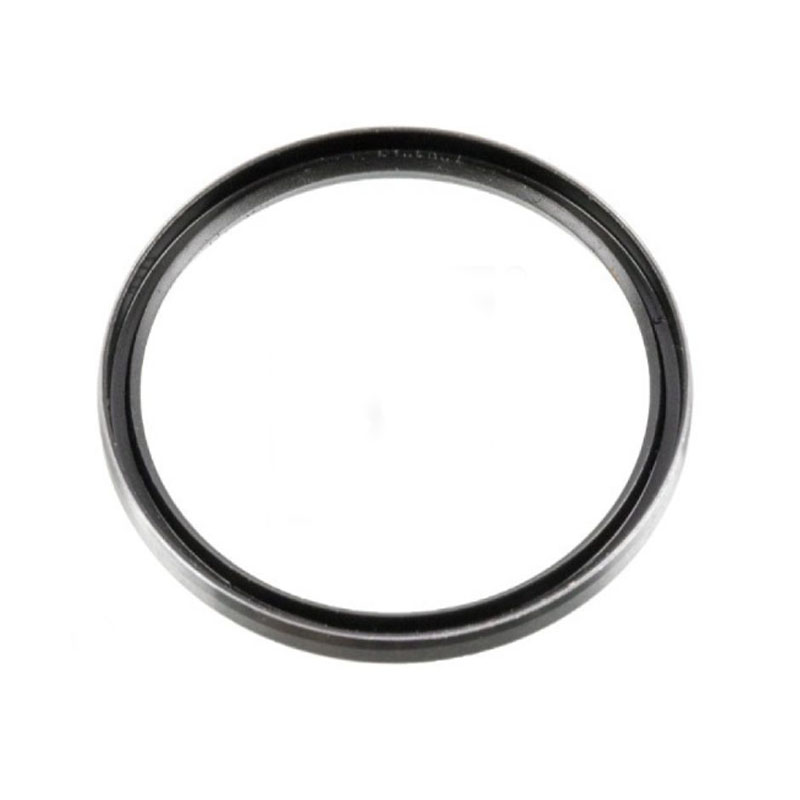oil plug crush washer
The Importance of Oil Plug Crush Washers in Automotive Maintenance
In automotive maintenance, every component plays a critical role in ensuring the smooth operation of vehicles. Among these components, the oil plug crush washer is often overlooked but serves an essential function. This small yet significant piece is vital for preventing oil leaks and maintaining optimal engine performance. In this article, we will explore what oil plug crush washers are, their purpose, types, and maintenance tips to ensure your vehicle runs efficiently.
What Is an Oil Plug Crush Washer?
An oil plug crush washer, also known as an oil drain plug washer, is a small washer made of soft metal, usually aluminum or copper. It is used in conjunction with the oil drain plug, which seals the oil pan where the engine’s oil is stored. Its primary function is to create a tight seal between the drain plug and the oil pan, preventing oil from leaking during operation.
The Purpose of Oil Plug Crush Washers
As vehicles age, the engine oil can degrade, and the oil drain plug may occasionally need to be removed for oil changes. When the drain plug is removed, the crush washer is compressed and forms a seal. Upon reinstallation, the washer helps eliminate gaps that could allow oil to escape. Over time, crush washers can become flattened or misshapen, which compromises their ability to maintain a proper seal. A deteriorated crush washer is one of the leading causes of oil leaks, making its timely replacement crucial.
Types of Oil Plug Crush Washers
There are several types of crush washers available, each designed for specific applications
1. Aluminum Washers Lightweight and corrosion-resistant, aluminum crush washers are commonly used in many automotive applications. They provide an effective seal and are preferred in high-temperature environments.
2. Copper Washers Copper crush washers are known for their durability and ability to withstand high pressure. They are often used in performance vehicles where higher stress is encountered.
3. Rubber Washers Some vehicles may employ rubber washers instead of metal ones. While they can provide a decent seal, they may not hold up as effectively under extreme conditions compared to metal washers.
4. Composite Washers These are made from a combination of materials designed to offer both flexibility and durability. They are becoming increasingly popular in modern automotive engineering.
oil plug crush washer

Signs It’s Time to Replace Your Crush Washer
To maintain a healthy engine, it is essential to periodically inspect and replace oil plug crush washers
. Here are some indications that it may be time for a replacement- Oil Leaks The most apparent sign is the presence of oil spots beneath your vehicle. If you notice oil leaking from the oil drain plug area, inspect or replace the crush washer.
- Flaking or Crumbling When removing the drain plug during an oil change, check the washer for signs of wear. If it looks flattened, cracked, or crumbling, it’s time to replace it.
- Difficulty Sealing If you notice that the oil drain plug is difficult to tighten or seal properly, the crush washer may no longer be functioning effectively.
Maintenance Tips for Oil Plug Crush Washers
1. Always Replace It’s a good habit to replace the crush washer every time you change your oil. This ensures a tight seal and prevents potential leaks.
2. Use the Correct Size Ensure that the crush washer is the appropriate size for your drain plug. Using the wrong size can lead to inadequate sealing and leaks.
3. Avoid Over-Tightening While it’s important to secure the oil drain plug firmly, over-tightening can crush the washer excessively and compromise its integrity.
4. Check Regularly Incorporate a visual inspection of the crush washer during routine maintenance checks. This can help catch issues before they escalate.
Conclusion
Oil plug crush washers may be small components, but their importance in automotive maintenance cannot be overstated. Ensuring that these washers are in good condition can prevent costly oil leaks and maintain engine performance. By being aware of the types, signs of wear, and maintenance tips, vehicle owners can contribute to the longevity and reliability of their engines. As with any aspect of automotive care, a little attention goes a long way in preserving the performance of your vehicle.
-
Simplifying Oil Changes: A Comprehensive Guide to Oil Drain Plugs and Their Variants
News Aug.04,2025
-
Mastering Oil Drain Maintenance: Solutions for Stripped, Worn, and Upgraded Oil Plugs
News Aug.04,2025
-
Fixing Oil Pan Plug Issues: Leaks, Stripped Nuts, and the Right Replacement Solutions
News Aug.04,2025
-
Everything You Need to Know About Oil Drain Plugs: Sizes, Fixes, and Upgrades
News Aug.04,2025
-
Choosing the Right Oil Drain Plug: A Guide to Sizes, Materials, and Drain Innovations
News Aug.04,2025
-
A Complete Guide to Automotive Drain Plugs: Types, Problems, and Innovative Solutions
News Aug.04,2025
-
The Ultimate Guide to Car Repair Kits: Tools and Essentials Every Driver Should Own
News Aug.01,2025
Products categories















